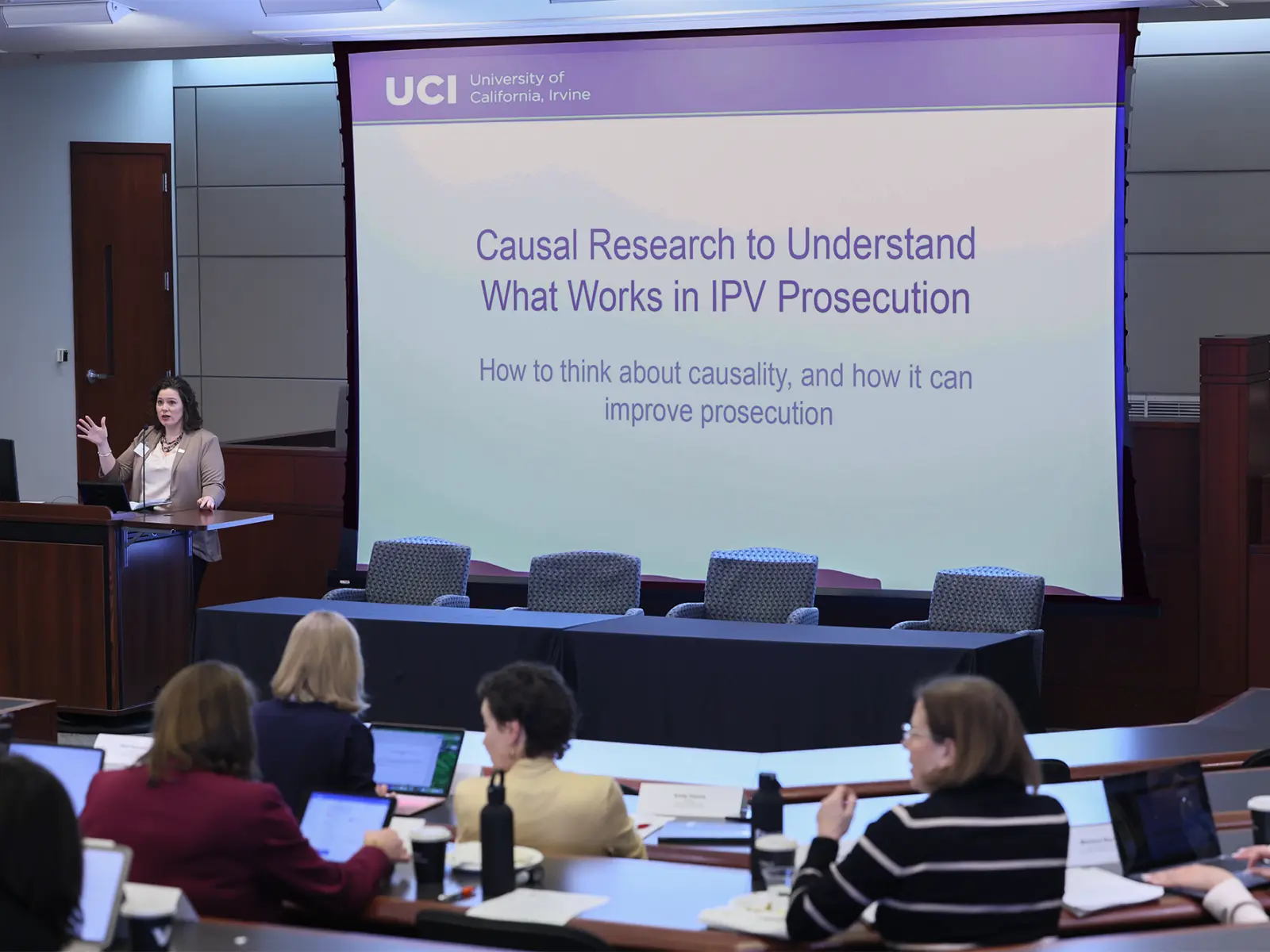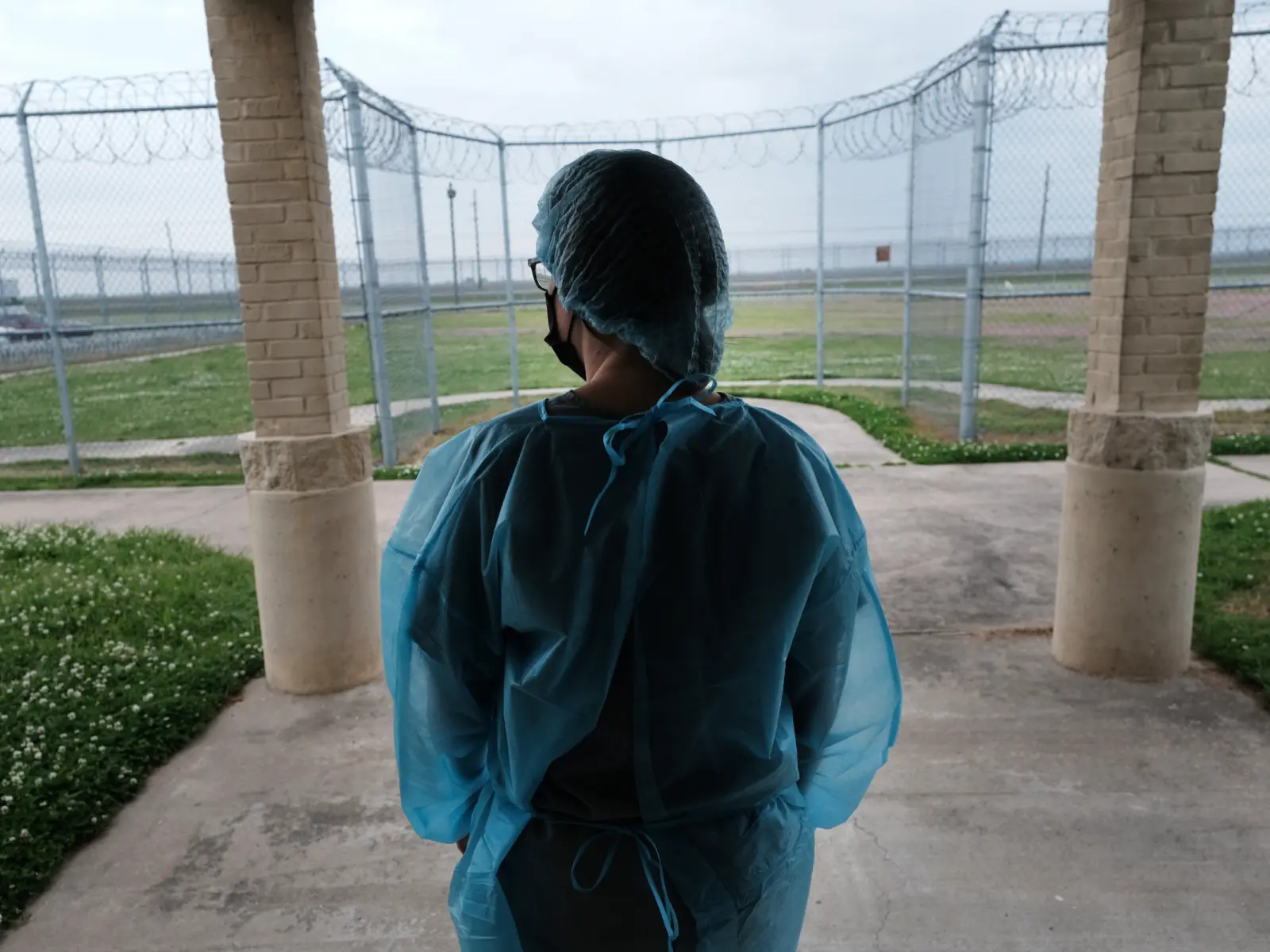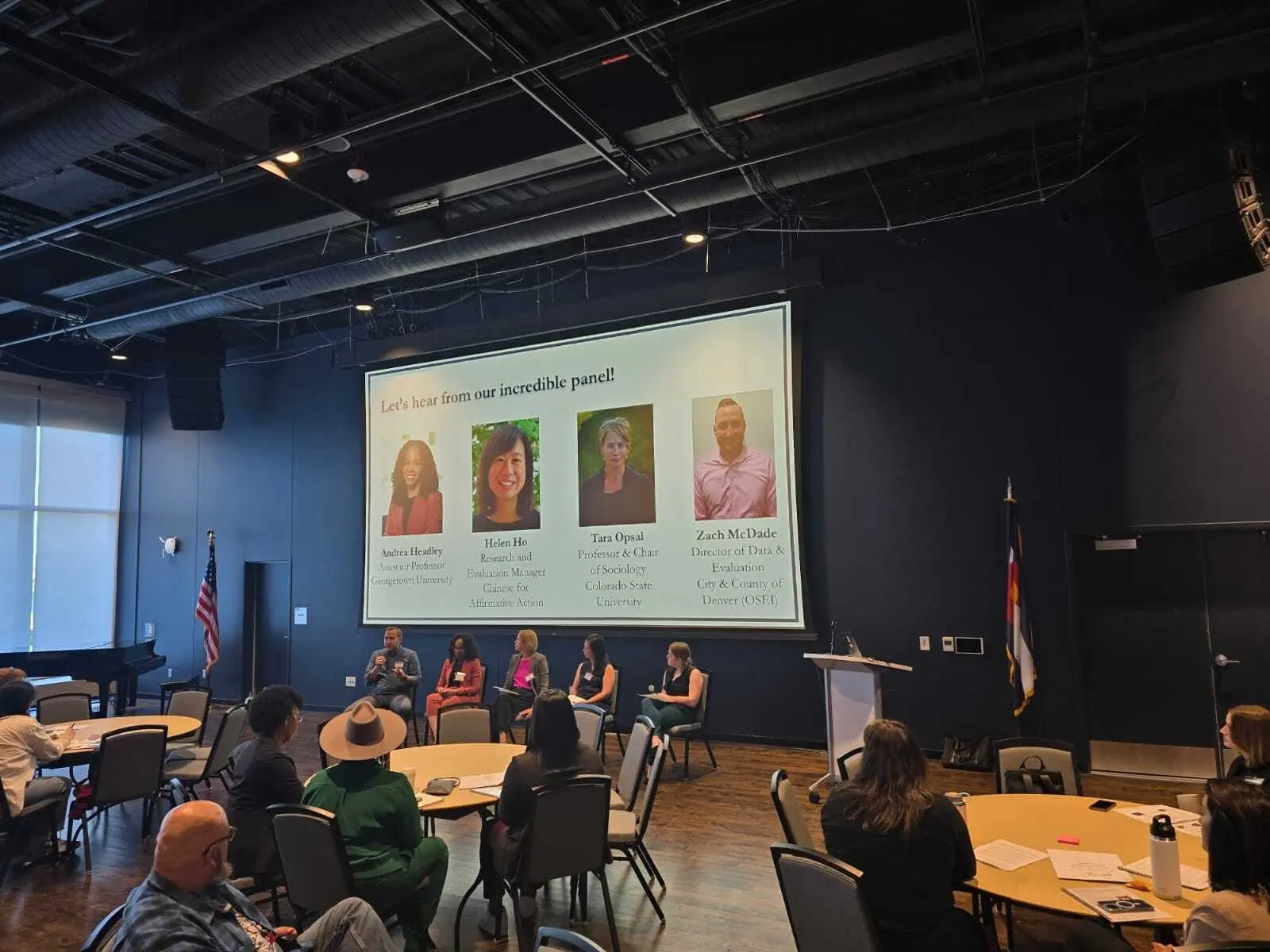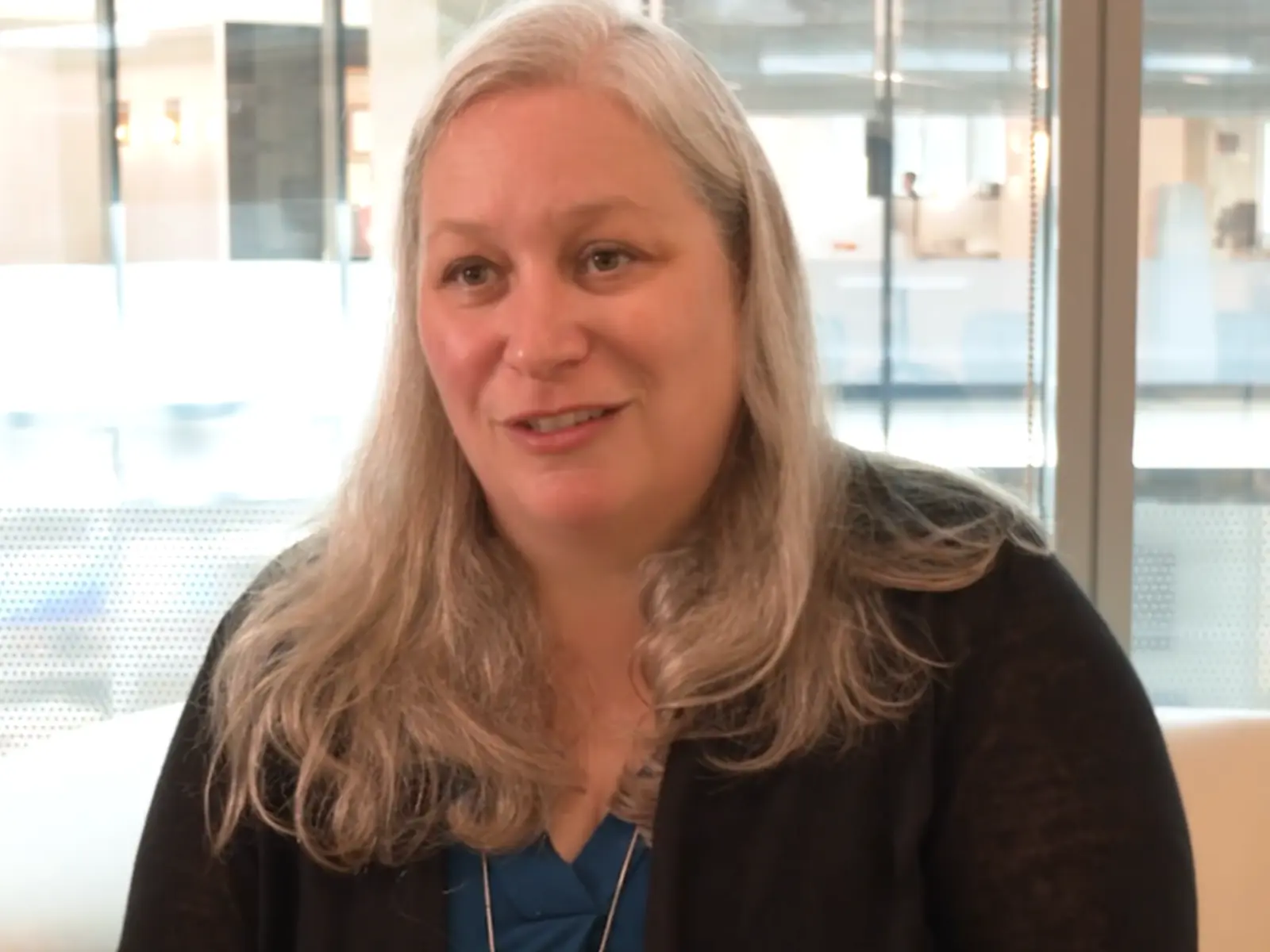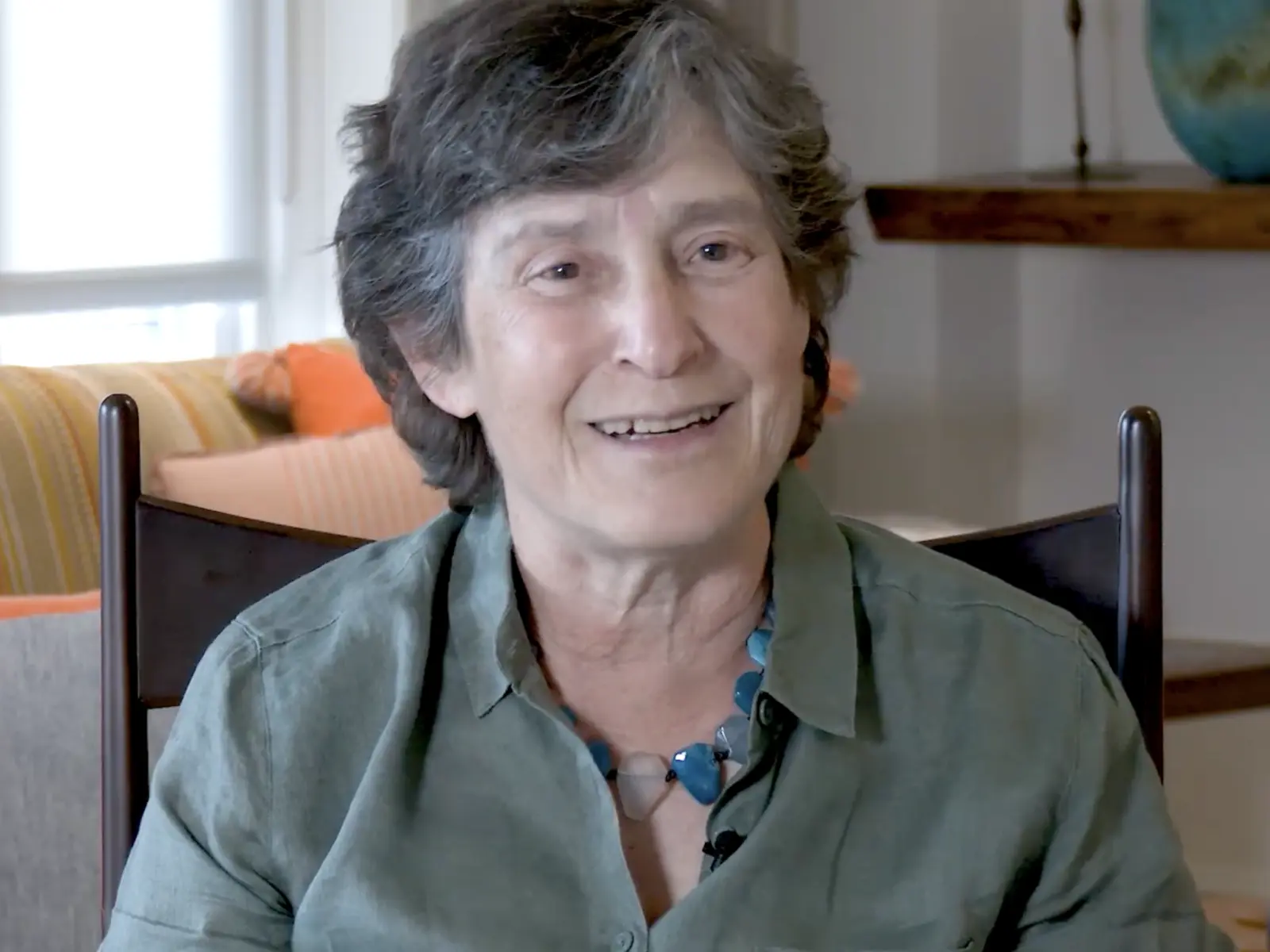Local sheriffs and policymakers across the United States are eager to improve conditions in county jails, increase community safety, and reduce costs. Many programs have been deployed that offer promising solutions, especially around rehabilitation services for incarcerated people and improving safety inside facilities. But which among them actually work?
With support from Arnold Ventures (AV), researchers are now evaluating one such intervention in Genesee County Jail, which serves Flint, Michigan. Crystal Yang and Marcella Aslan at Harvard University, along with Peter Hull at Brown University and Arkey Barnett at the University of Michigan, are conducting a rigorous study of the Inmate Growth Naturally and Intentionally Through Education (IGNITE) program. IGNITE provides education to incarcerated people and works to drive broader cultural change within a jail. The researchers’ early findings show powerful effects on misconduct and recidivism, and soon they will evaluate a national expansion of the program. The results could help officials design programs that make jails and communities safer.
“Rehabilitative programs in local jails have often been under-researched and underfunded compared to those in prisons,” says Golnar Teimouri, criminal justice research manager at AV. “However, since jails have high rates of pre-trial detention and recidivism, it’s critical to understand how programs like this can help improve outcomes. By supporting in this evaluation, we hope to shed light on the potential of these programs to reduce recidivism and provide more effective rehabilitation strategies.”
AV spoke with Yang, the Bennett Boskey Professor of Law at Harvard Law School and a Research Associate at the National Bureau of Economic Research, about the IGNITE program and its implications for bipartisan policy.
This conversation has been edited for clarity.

Arnold Ventures
Can you tell us a little more about the IGNITE program?

Crystal Yang
IGNITE is an innovative, law enforcement-led educational program that was launched in Genesee County Jail in September 2020. IGNITE is unusual because it has incredibly high take-up rates, is offered to virtually every single person who’s incarcerated in the jail, provides a lot of personalized instruction, and is relatively low cost because it relies on existing physical infrastructure and personnel.
Generally, there’s been less research attention paid to local county jails, compared to prisons and other facilities. On any given day, more than 600,000 people are being held in local jails, and the vast majority of them have not been convicted or sentenced yet. In Genesee County Jail, more than 90% of those incarcerated have not been convicted or sentenced.
A perpetual challenge is that there are really high rates of recidivism — approximately one in four people who are released from jail will be re-jailed within the same year. Sheriff Chris Swanson in Genesee County witnessed this and wanted to create a program that could help break the cycle of repeat and intergenerational incarceration.
Evaluating whether a rehabilitative program like this can work is really important. If it does work, that suggests that there might be more humane and effective ways of addressing these cycles of incarceration and increasing community safety.

Arnold Ventures
How did you become interested in the issue of incarceration in jails and prisons?

Crystal Yang
I have been interested in these issues for well over a decade now, and it’s been a connecting thread across all my research. It started with work on bail and pretrial detention to understand the unique challenges that people face when they’re incarcerated in jails. In the last couple of years, I have had the benefit of collaborating with Marcella Alsan at the Harvard Kennedy School of Government, and we became really interested in programs and health care in jails. A lot of the work that has followed — now with an even bigger research team including Peter Hull at Brown University and Arkey Barnett at the University of Michigan — has been about learning what programs can reduce mass incarceration and its associated harms.

Arnold Ventures
What have you found so far?

Crystal Yang
We finished our evaluation, and we found that exposure to IGNITE has really large benefits for both individuals and the community. A one-month exposure to the program reduces incidents of major misconduct within jail, such as fighting and incidents of violence. It also reduces post-release recidivism for up to one year, which is the farthest that we can currently track people after release.
A conservative estimate of the social savings is over $6,000 per person, in terms of reduced recidivism. This is an incredibly large benefit, especially compared to the relatively low cost of administering the program.
We also find interesting things about the mechanisms that make IGNITE so effective. One is that it’s tailored to people’s needs. Our test score data show up to a grade-level increase in both reading and math.
There’s also a lot to suggest that IGNITE gives people hope — that it represents a broader cultural change. Community members who were exposed to IGNITE directly or had family members who were exposed were much more likely to have positive views of law enforcement, and there’s some evidence that they’re more likely to be engaged in positive activities like work or caretaking. We also find that staff who are more exposed to IGNITE are more likely to report that educational programming in jails is worthwhile.

Arnold Ventures
Where do you see the research going now?

Crystal Yang
We are partnering with the National Sheriffs Association (NSA) to evaluate the launch of IGNITE in 17 other jails across the country. That’s going to be important in gaining external validity and understanding whether something like IGNITE can be effective at scale.

Arnold Ventures
In what ways does the IGNITE program have bipartisan appeal?

Crystal Yang
In Genesee County, the program was largely law enforcement-led. Sheriff Swanson saw the challenges that his community was facing and recognized that he had to deviate from simply punishing people to investing in people. A byproduct of that approach is improvements in community safety. From that perspective, there’s something for everyone in this type of program, and it should generate bipartisan support.

Arnold Ventures
Why is such rigorous, evidence-based research important?

Crystal Yang
Rigorous scientific evaluation is paramount to developing good programs and policies. We shouldn’t be operating on hunch or intuition. We need to evaluate, and we’re not done when we evaluate one program, one time.








